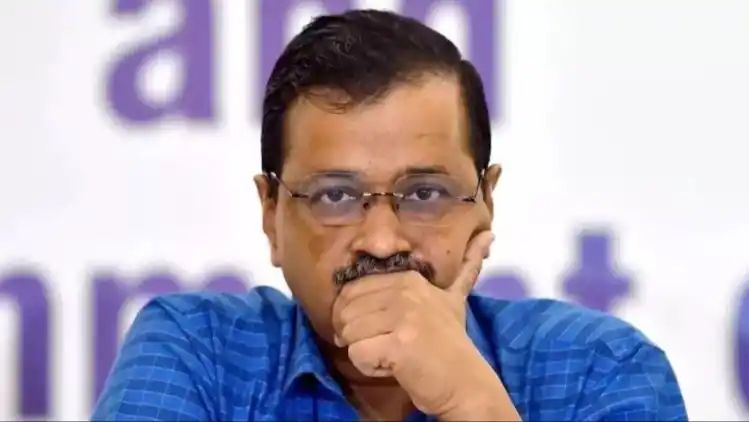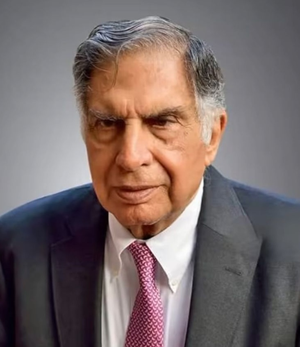What is Delhi Jal Board Case and why is ED again sending summons to Arvind Kejriwal?

Delhi Chief Minister Arvind Kejriwal finds himself entangled in a deepening legal quagmire as the Enforcement Directorate (ED) escalates its scrutiny.
In light of court endorsement of the ED’s summons, the agency recently issued a fresh summons to Kejriwal, directing his participation in investigations pertaining to an alleged liquor scam. Additionally, he’s been summoned to join the probe into a new case concerning alleged money laundering linked to a Delhi Jal Board (DJB) matter, according to a report by PTI.
These developments come on the heels of Kejriwal’s previous defiance of eight summons in the Delhi excise policy case, which were subsequently invalidated by the court. However, the ED now seeks to question him not only regarding the excise policy case but also concerning the DJB case, coinciding with the announcement of the Lok Sabha polls by the Election Commission.
The latest case centres on alleged kickbacks in a DJB contract awarded to a private firm, purportedly channelled as election funds to the Aam Aadmi Party (AAP).
The DJB Case –
At the core of the investigation lies a tender released by the Delhi Jal Board (DJB) in 2017, wherein a private firm was purportedly awarded the contract improperly. In July 2022, the Central Bureau of Investigation (CBI) initiated a corruption case against officials of the DJB and the NBCC, alleging favouritism towards an ineligible private company in a contract valued at Rs 38 crore for the supply, installation, testing, and commissioning of electromagnetic flow meters. Numerous property documents were seized during searches conducted at the residence of NBCC General Manager and at 10 other locations in Delhi/NCR, resulting in the recovery of approximately Rs 1.5 crore in cash, jewellery worth around Rs 1.2 crore, and fixed deposits totalling Rs 69 lakh.
The probe uncovered irregularities in the tendering process, implicating DJB officials for providing undue advantages to NKG Infrastructure Ltd in collusion with NBCC officials. Allegations suggest that NKG Infrastructure obtained false performance certificates and fabricated documents to qualify for the tender. The company, in collaboration with DJB officials, including the then chief engineer Jagdish Kumar Arora, is accused of securing a tender worth Rs 38 crore through illicit means. The investigation alleges a total principal loss incurred by the DJB during the tender period amounting to Rs 14.41 crore.
Subsequently, the Enforcement Directorate (ED) conducted searches at 16 premises across Delhi-NCR, Chennai, and Kerala, targeting officials of the DJB, the NBCC, and private entities for alleged money laundering related to the electromagnetic flow meters case. Former DJB officials, including chief engineer Arora, superintendent engineer PK Gupta, executive engineer Sushil Kumar Goel, assistant engineer Ashok Sharma, and AAO Ranjit Kumar, along with private company NKG Infrastructure Limited, were booked by the agency. It is alleged that NKG Infrastructure secured the bid by submitting forged documents, with Arora’s purported knowledge of the company’s technical ineligibility.
In January of the current year, the ED arrested Arora, who had retired as chief engineer, and contractor Anil Kumar Aggarwal under the Prevention of Money Laundering Act (PMLA). Subsequently, in early February, ED conducted searches at the premises of Kejriwal’s personal assistant Bibhav Kumar and others, alleging that bribes generated from irregularities in the DJB tendering process were funneled as election funds to the AAP. The ED claimed that incriminating documents, digital evidence, valuables worth Rs 1.97 crore, and foreign currency amounting to Rs 4 lakh were seized during raids conducted in the DJB case across Delhi, Varanasi, and Chandigarh. This marks the second instance where the federal agency has accused the AAP of receiving kickbacks, with earlier allegations concerning bribe money from the scrapped Delhi excise policy reportedly used for campaigning in Goa assembly elections.
AAP’s Response –
Responding to the ED’s actions, Delhi Minister Atishi criticised the raids, alleging them to be politically motivated and lacking in substantive findings. She claimed that ED officers conducted searches without proper procedures and failed to produce significant evidence. She also said that this is a backup plan by the central government to arrest Kejriwal since he got bail in Delhi excise policy case.
These developments underscore the mounting legal challenges faced by Kejriwal and AAP amidst accusations of corruption and financial irregularities, highlighting the complexity and severity of the ongoing investigations.
(With inputs from PTI)
| Upto 20 years in jail with no bail for Elvish Yadav if proven guilty in rave party case: Understanding the sections of NDPS Act
Also ISRO launches Internship & Student Project Trainee Scheme: Check eligibility, salary and how to apply





